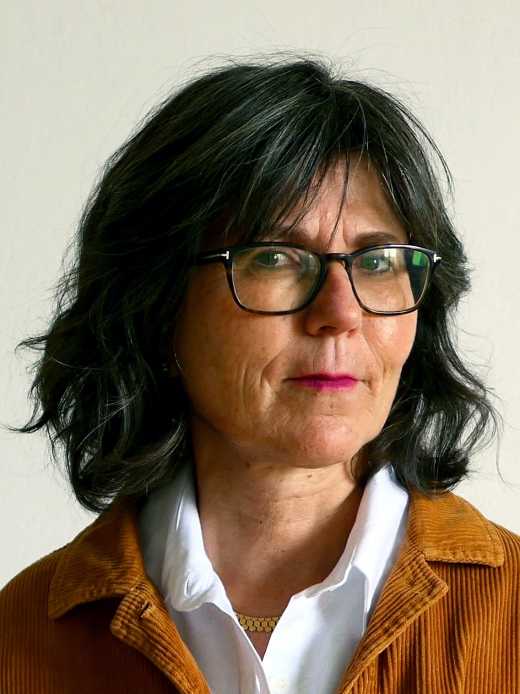Discover your benefits
The MAS ETH in Housing is a continuing education programme for professionals with a background in architecture, urban planning and related fields. With a comprehensive curriculum that seamlessly integrates academic research with hands-on experience, this year-long course will enable you to address pressing housing challenges worldwide through the asseesment of different housing and neighborhood development strategies as well as by providing innovative housing solutions.

What this programme entails
In today's world, with a population exceeding 8 billion and facing a variety of challenges as a result of conflict, natural disasters, financial instability, demographic changes stemming from forced migration and ageing societies, housing stands at the forefront of socially relevant issues.
The MAS ETH in Housing takes on an interdisciplinary approach to equip you with the skills necessary to make meaningful contributions in diverse contexts. Throughout the programme, you'll delve into current academic housing debates, engage with stakeholders including housing practitioners, activists, scholars and policymakers, and learn from socially innovative housing projects — both locally and globally.
Programme Overview
The MAS ETH in Housing is a 12-month programme structured around four core modules, an individual research project, your MAS thesis and a Seminar week. It encompasses three main study blocks:
1. September – December. You start your study with the 4 core modules*:
- Social Innovation in Housing
- Global housing issues, challenges and strategies
- Housing Research Methods
- Writing and communication skills
*All mandatory lectures take place on Mondays.
2. January – February: This period is allocated to your individual research project, based on an ETH-approved proposal and research plan.
3. March – June: During this block you will have dedicated time for completing your MAS thesis with guidance from MAS and ETH Wohnforum scientific staff. Regular group meetings and individual consultations are part of this process.
Additionally, our award-nominated Seminar week focuses on key MAS topics and provides practical application of acquired knowledge and skills within a specific context.
The 4 core modules contribute 28 of the necessary 60 ETCS credits, while the Seminar week adds another 2. Your thesis will earn you the remaining 30 credits.
The MAS is typically a 12-month programme, but it can be spread out as a two-year part-time course upon request.
As a graduate of the programme, you'll discover that your newly acquired skills are in high demand across Europe, with opportunities at neighborhood and city planning agencies, housing cooperatives, civil society organizations, and groups serving socially disadvantaged populations. Globally, you'll be well-equipped to work in areas such as informal settlements, urban upgrading, housing for displaced persons and post-disaster reconstruction.
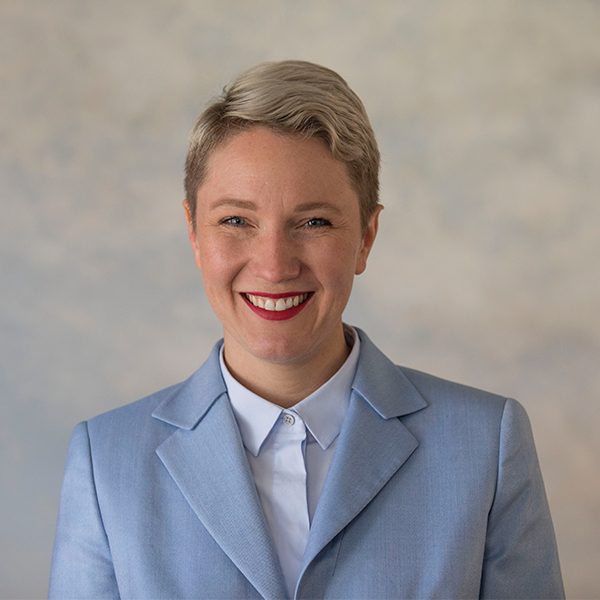
“The MAS in Housing with its well-balanced combination of theory and practice gave me the perspectives and inspiration to refocus. It was an amazing year that I would recommend to anyone seeking the same!”Stefania Koller, MSc ETH Architektur, MAS ETH in Housing | Salewski Nater Kretz AG Projektleiterin & erweiterte Geschäftsleitung
The programme structure in detail
The MAS ETH in Housing is framed around three dedicated study blocks with 4 modules, an individual research project, your thesis and the Seminar weeks. Click on the links to get more details.
Building upon the academic, research and professional experience of the ETH CASE and its partners, the MAS ETH in Housing focuses on a number of interlinked thematic areas that form the framework of four core modules at the MAS ETH Housing programme. These modules offered in the autumn semester, make up 28 out of the required 60 ECTS credit points for the MAS degree. The students will acquire an additional 30 ECTS through their MAS Thesis and an additional 2 ECTS through the Seminar Week excursion. A brief description of the four MAS core modules can be found below:
First Block: September – December
This module focuses on selected innovative housing projects, exploring the relationship between housing, neighborhoods and their residents' wellbeing and quality of life. We visit renowned Swiss housing cooperatives and engage with leaders of housing initiatives, architects and residents to gain critical insights into the historical, socio-cultural and political context driving creative solutions.
Collaborations with key stakeholders like housing cooperatives ABZ, Kalkbreite, Mehr Als Wohnen, Kraftwerk 1 or WBG-Winterthur enhance the learning experience.
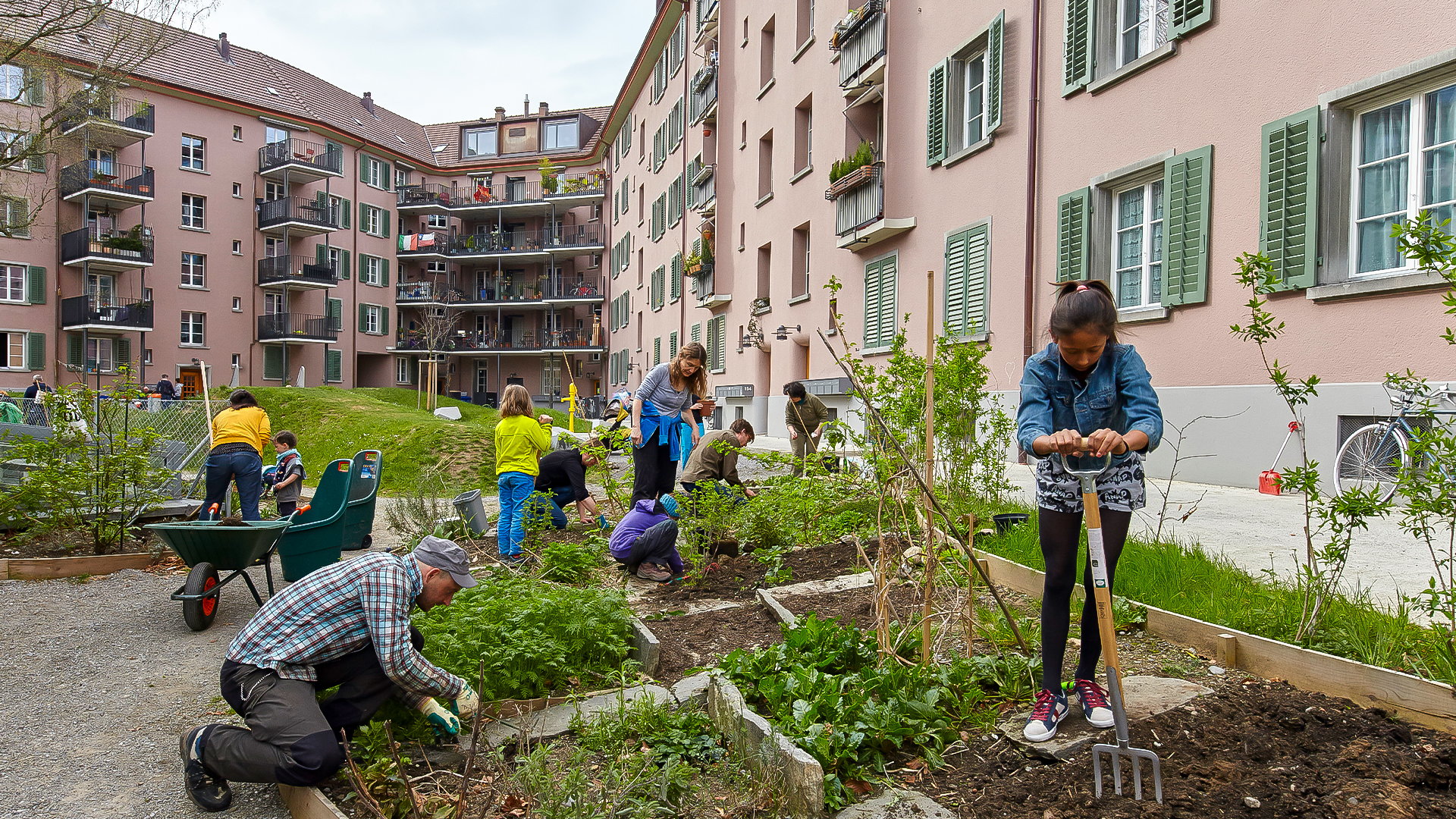
Globally over one billion people lack adequate housing, a challenge that calls for innovative, affordable, sustainable and inclusive solutions. Understanding the socio-economic, demographic and urban context is critical in addressing these issues. Through lectures, readings, and film, we provide an overview of the causes and consequences of the global housing crisis across different regions. We focus on responses from various stakeholders – people, civil society organizations, governments, planners, and architects – and explore emerging innovative housing solutions to address both quantitative and qualitative housing deficits.
Key topics of this module include housing culture, affordability, social innovation, housing cooperatives and collaborative housing, the relationship between housing and socio-demographic and political contexts, informal housing as well as post-disaster and post-conflict housing.

This module introduces you to methods and tools currently used in housing research, with a particular emphasis on qualitative and participatory methods. Through a combination of lectures focusing on methods and both individual and group exercises, this seminar will equip you with the necessary knowledge and abilities to develop your own research projects and your MAS thesis while laying a solid groundwork for future professional endeavours. Furthermore, we practice and apply our research skills in a collective project leading to a joint publication or exhibition. Examples of topics include: 'How age-friendly are our city’s public spaces?'; 'Housing in times of Covid-19'; 'Cooperative Housing and social innovation in the city of Winterthur'.

A core component of the MAS ETH in Housing is the development of a research-based individual thesis. In this module you will receive guidance throughout the process by conducting your individual research project. From defining clear research questions and hypotheses to crafting a feasible research design and conducting data collection and analysis, you'll be fully prepared to write your thesis on a topic of your choice.
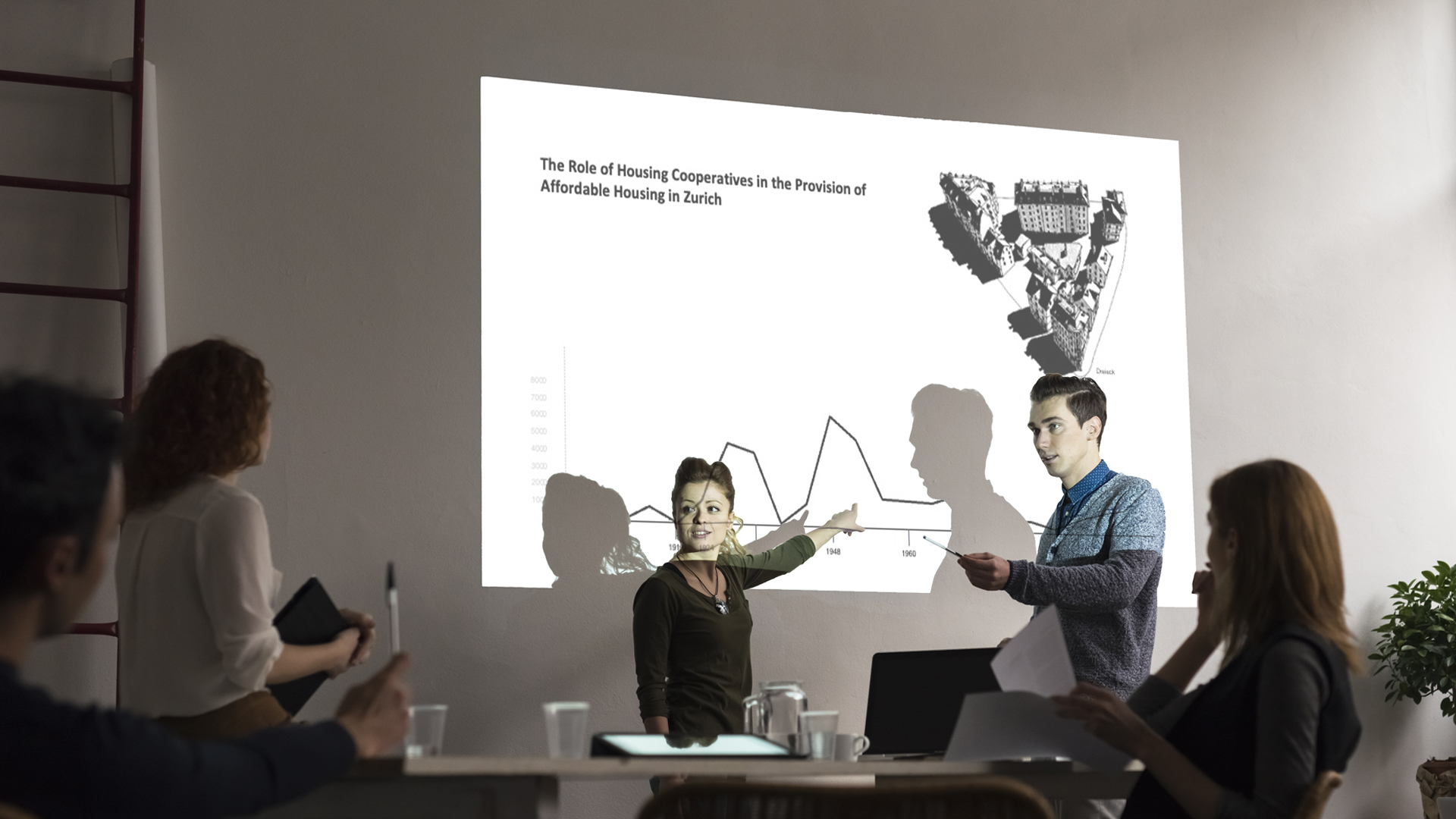
Second Block: January – February
Individual Research Project
During the semester break in January and February, we’ll focus on your personal research project. Based on an approved proposal and research plan, you will focus collecting primary and secondary data, supported by the state-of-the-art research methods and your tutors at ETH. This project will eventually form the basis for your MAS thesis, which you will complete in the following study block.
Third Block: March – June
MAS Thesis
The final 4 months of the MAS ETH in Housing are dedicated to your thesis. Typically, this will be based on your own chosen research project. However, there are also opportunities for students to participate in research projects of the ETH CASE or on topics suggested or conducted by our partners. During the writing process, you will receive ample personal support and guidance within the framework of regular group meetings and individual consultations.
For examples of MAS theses, please check out the videos below.
Seminar Week
The Seminar week is a highlight of the programme, focusing on key MAS topics and providing an opportunity to apply the knowledge and skills acquired throughout the MAS within a specific context. You will gain first-hand experience with existing housing strategies, visit projects, engage with communities and stakeholders, and reflect on contextually appropriate housing solutions.
A notable example is our Seminar week themed «The School of Architecture for Reconciliation: Supporting housing cooperatives for peace in post-conflict Colombia». In recognition of its highly innovative approach, the MAS ETH in Housing has been nominated for the KITE AWARD.
For more information on the nominated project, please visit here.
-
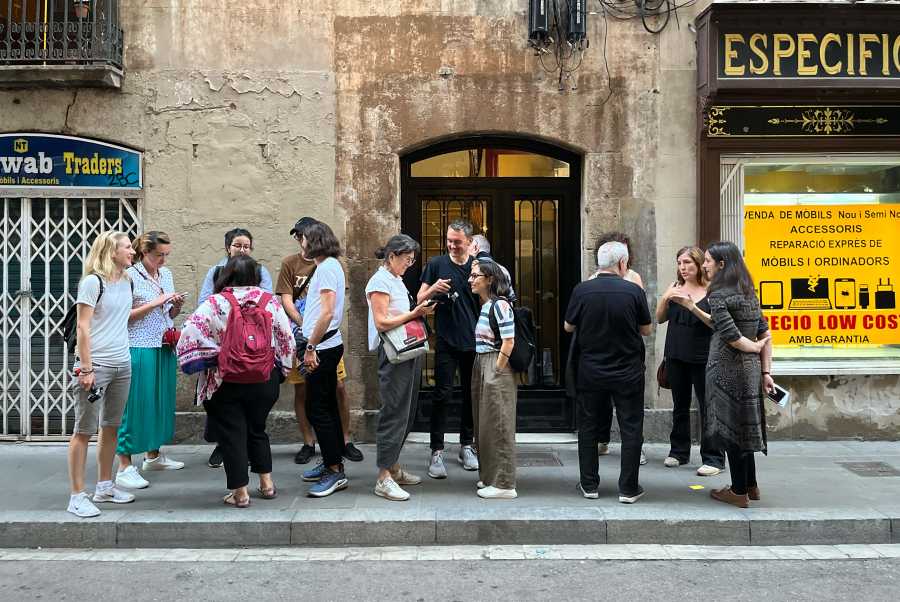
MAS Students in the Seminar Week in Barcelona. -
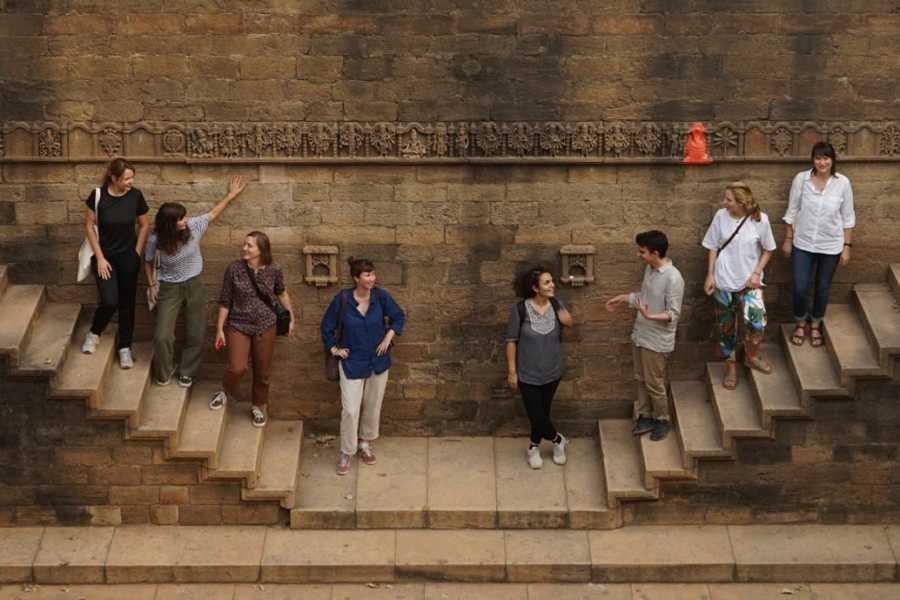
MAS Students in the Seminar Week in India.
Key Benefits of your MAS ETH in Housing
Understanding of global housing issues and challenges: Gain in-depth knowledge of the main drivers and consequences of the global housing crisis
Community engagement: Develop the skills to assess the needs, preferences, and cultural aspects of communities struggling to access adequate housing.
Participatory planning: Familiarise yourself with participatory processes to facilitate the creation of sustainable, inclusive housing solutions.
Policy Analysis: Benefit from insights into the mechanics of housing policies at local, regional, and national levels in various settings.
Collaboration and Networking: Learn to successfully collaborate with stakeholders, including government agencies, nonprofits, community organisations and private sector partners.
Research Methods and Analytical Skills: Hone your abilities to conduct research on housing issues, gather relevant data, and analyse housing challenges to foster evidence-based decision-making.
Communication Skills: Strengthen your verbal and written communication skills to effectively convey complex housing issues, proposals, and solutions.
Innovative Thinking: Maximise your creativity to meet housing challenges with innovative ideas
Intrigued?
Get in touch for the next steps. We’re there for you, all the way.
ETH Wohnforum – ETH CASE
HIT H 13
Wolfgang-Pauli-Strasse 27
8093
Hönggerberg
Switzerland
